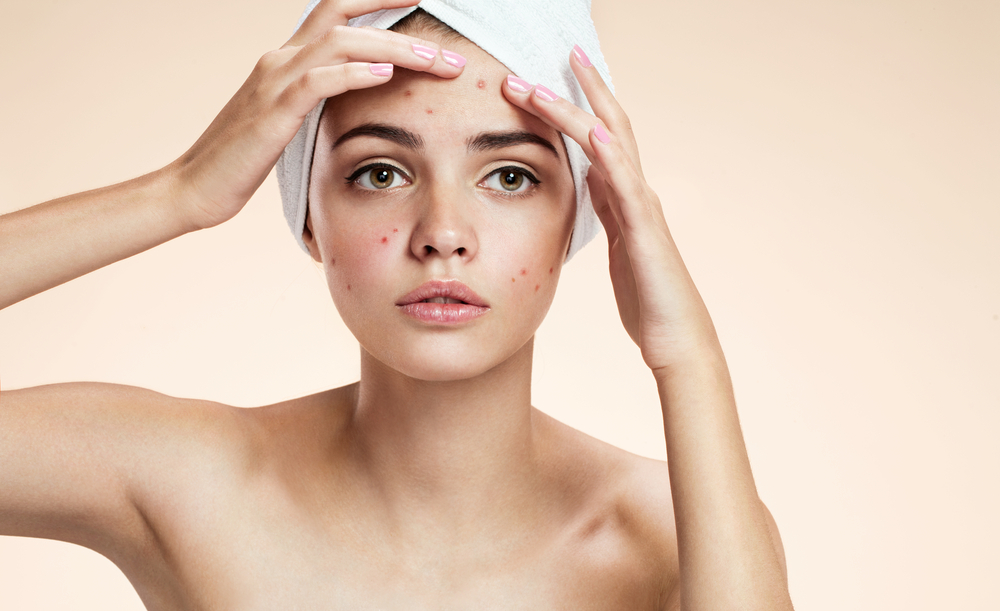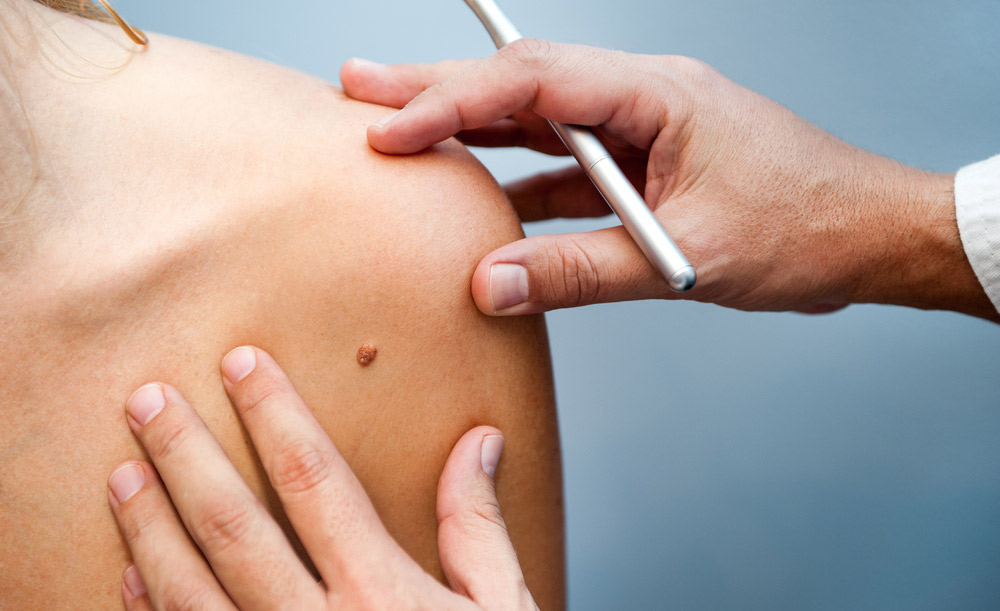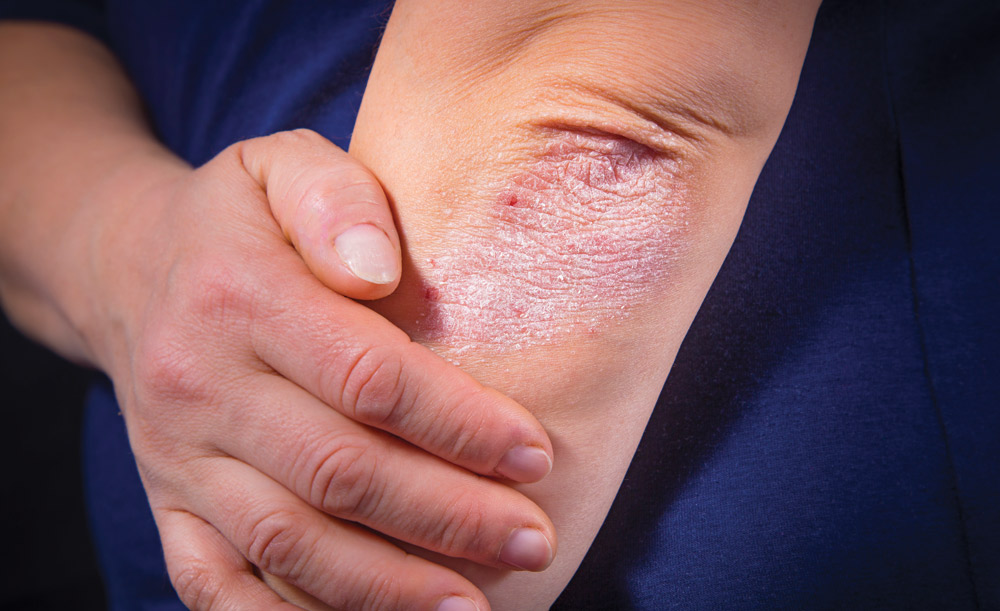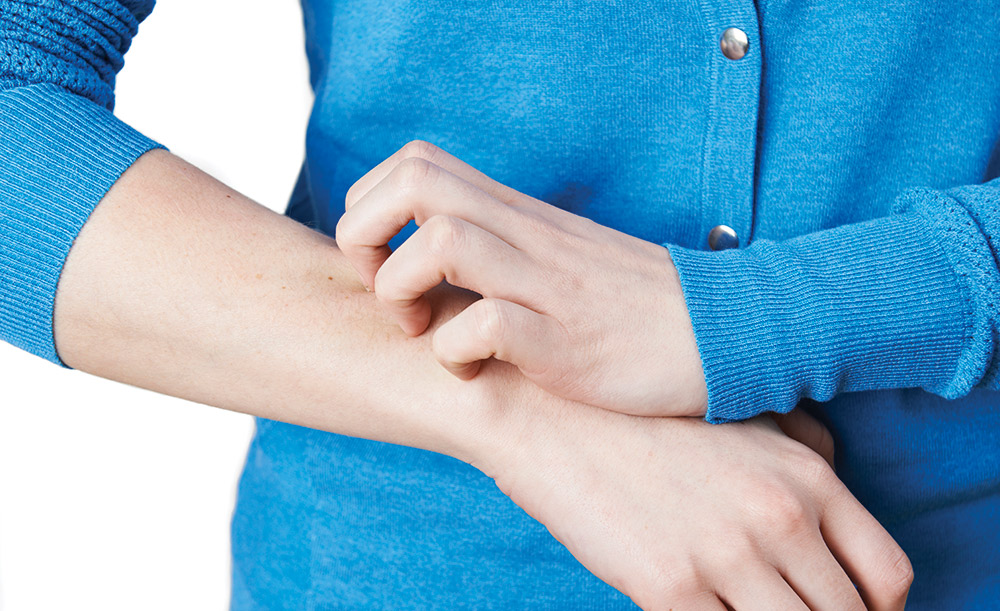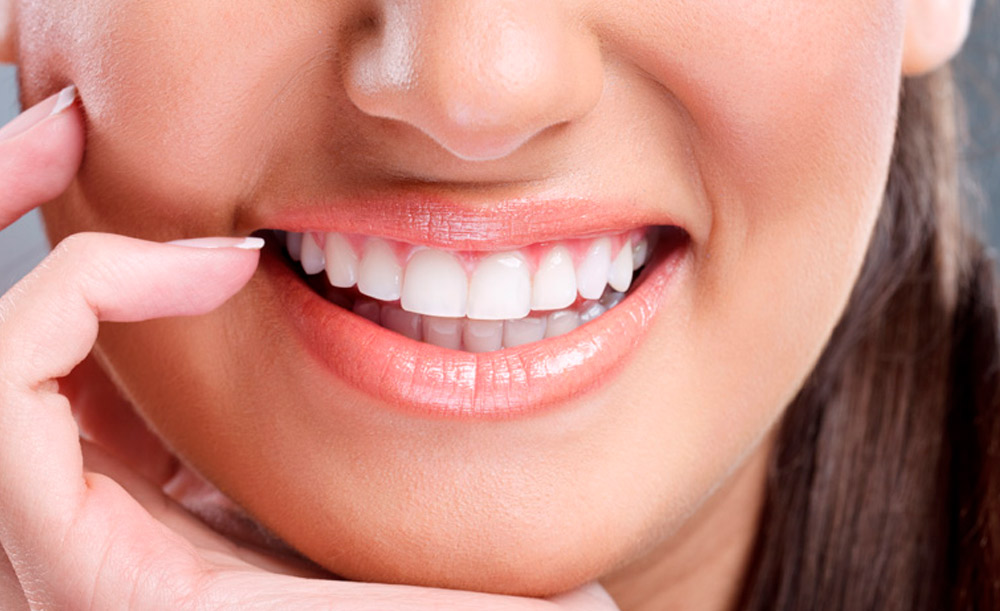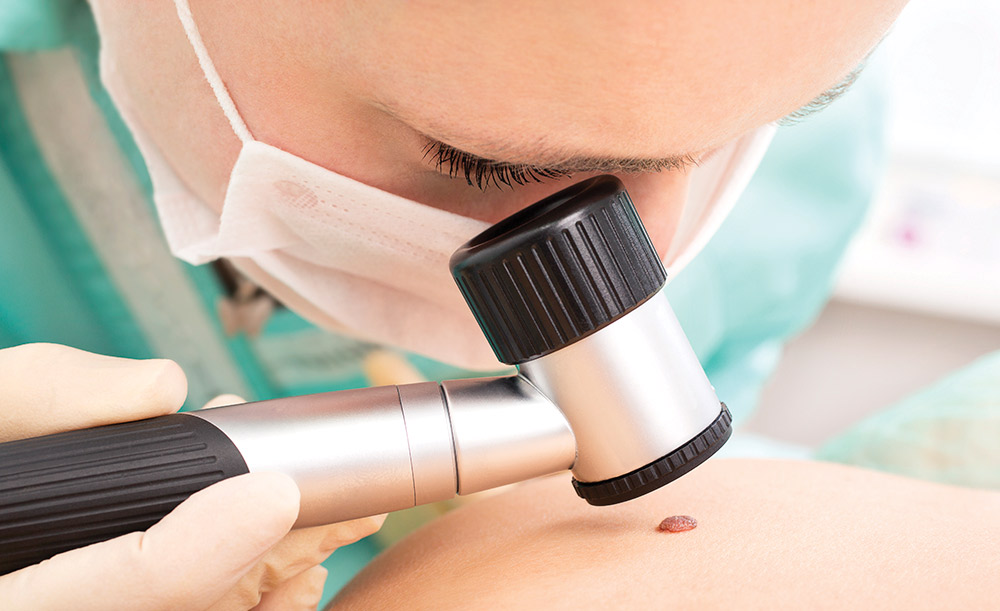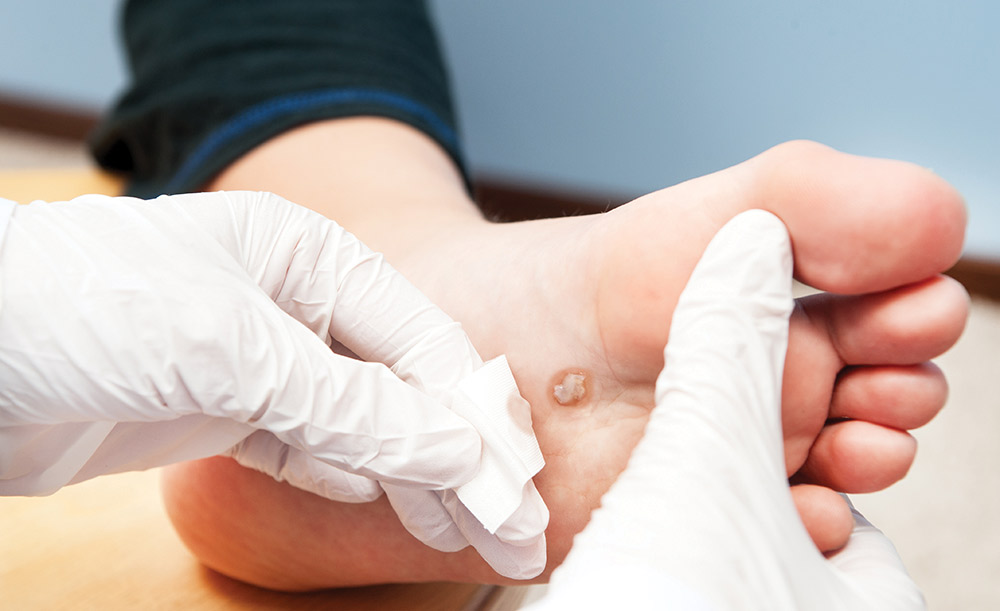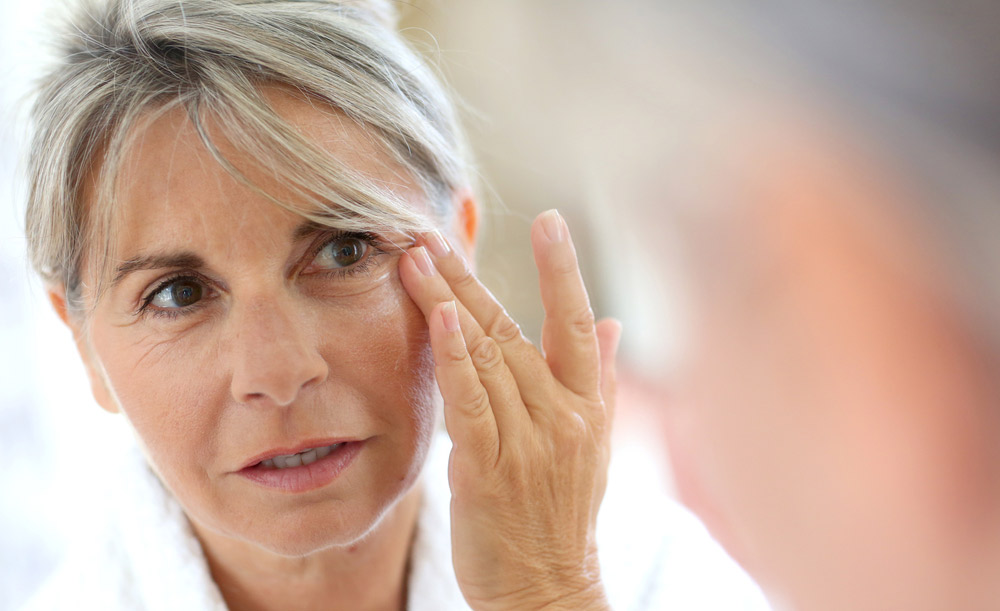Extreme redness, visible blood vessels, and rashes are all common symptoms of rosacea. This skin condition can make patients self-conscious and uncomfortable, especially when they experience a flare-up.
Dermatologists recommend these 12 skincare tips for managing rosacea.
1. Know and Avoid Triggers
Rosacea can be triggered by a number of environmental and internal factors. Triggers vary from person to person and may include heat, alcohol, stress, food, and certain skincare products.
Patients with rosacea should try to identify and avoid their individual triggers as much a possible. Keeping a journal to document rosacea flare-ups may be helpful.
2. Wash With Gentle Cleansers
Rosacea-prone skin can be left dry and irritated by harsh cleansers that contain alcohol and fragrances. These products remove natural oils that serve as a protective barrier to the skin.
Dermatologists recommend using a gentle, soap-free cleanser such as Cerave or Cetaphil.
3. Take Shorter Showers
To minimize rosacea flare-ups, take lukewarm showers that are 10 minutes or less.
4. Moisturize
Keeping skin properly moisturized is very important in managing rosacea. Experts suggest applying a fragrance-free moisturizer to damp skin, which helps lock in moisture.
5. Limit Skin Care Products
Less is more when it comes to a daily regimen. Find a few non-irritating products that can multitask to meet your skincare needs.
6. Use a Humidifier
The dry air from central heat in the winter months can be very damaging to skin. A humidifier will help distribute moisture in your bedroom as you sleep.
In the summer, patients should avoid prolonged exposure to high temperatures and apply ice and cool compresses to the face as needed.
7. Take Special Care Around the Eyes
The skin around the eyes is extremely sensitive. To avoid aggravating ocular rosacea, only use eye creams and makeup that are allergy-tested and fragrance-free.
8. Shave With Caution
Men with rosacea should take precautions when shaving. Electric razors, fragrance-free shaving cream, and aftershave balm are all ways to reduce inflammation.
9. Wear Sunscreen Daily
Sun exposure is one of the most significant triggers for rosacea. Dermatologists recommend using a broad-spectrum sunscreen with an SPF of 30 or higher.
It is also important to choose a physical defense sunscreen that is chemical-free.
10. Avoid Exfoliation
Although exfoliation can help remove dead skin cells and improve tone and texture, it is not advised for patients with rosacea. Physical exfoliants like microdermabrasion can be especially irritating to compromised skin.
11. Watch Your Weight
Women can minimize their risk of rosacea by maintaining a stable weight in adulthood, lowering their BMI, and reducing excess fat around the midsection.
12. Laser & Light Treatments
Contrary to popular belief, there are a number of advantages to IPL (Intense Pulsed Light) besides just destroying pigmentation. If you suffer from rosacea, for example, this condition can strongly benefit from IPL.
To learn about treatments for rosacea, call Integrated Dermatology of Reston today to schedule an appointment.


